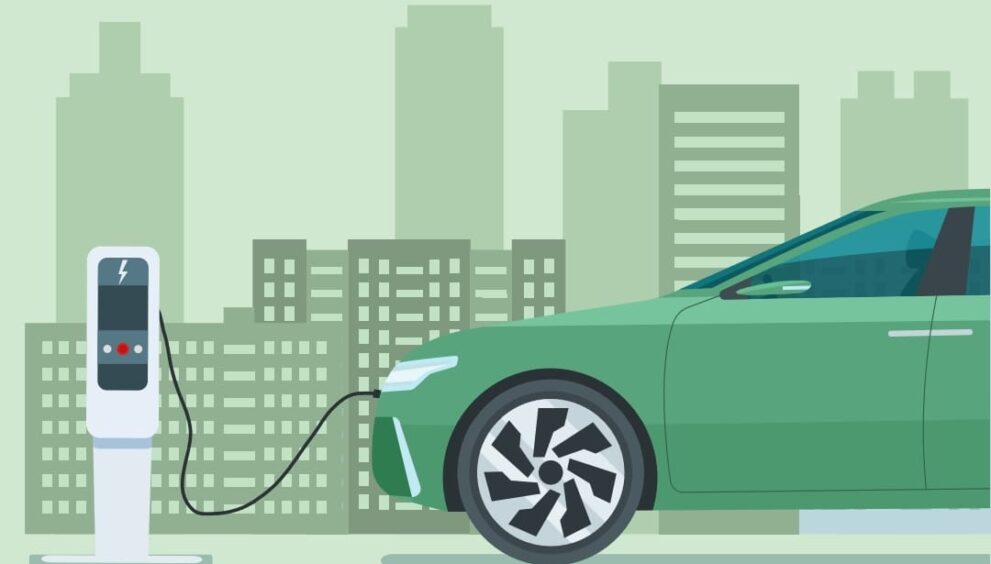Battery Passport: India’s Next Step Towards Clean Mobility

New digital identity system aims to track EV battery lifecycle, improve consumer trust, and encourage ethical sourcing
In a major push towards sustainable and transparent electric mobility, Niti Aayog has spotlighted a new ‘battery passport’ framework as a central pillar of its latest roadmap for India’s electric vehicle (EV) industry. Outlined in the 2025 report Unlocking a USD 200 Billion Opportunity: Electric Vehicles in India, the battery passport concept is poised to revolutionise the way EV batteries are tracked, managed, and recycled—taking inspiration from similar global efforts, notably the European Union’s upcoming mandatory digital passport regulations for batteries by 2027.
A battery passport is essentially a digital system that assigns a unique, traceable identity to every EV battery, allowing stakeholders to follow its lifecycle from manufacturing to second-life use and eventual recycling. The aim is to ensure transparency on the battery’s origin, composition, health, and environmental impact, thereby increasing trust across the EV value chain.
According to the framework detailed by Niti Aayog, the passport will consist of three layers of data access. The public layer will be open to everyone, typically via a QR code on the battery, and will include non-sensitive information such as the manufacturer’s name, production date, location, and carbon footprint. This allows prospective EV buyers or resellers to make informed decisions based on verified data.
A second, restricted layer will be available only to authorised regulators. This secure section includes technical specifications, safety compliance documentation, and ethical sourcing records, offering deeper visibility into the battery’s design and supply chain integrity. The most advanced component of the passport is a dynamic, real-time layer accessible to OEMs, fleet operators, and service providers. This provides critical operational data such as state of health, charging cycles, and usage behaviour—crucial for managing warranties, assessing residual value, and enabling second-life applications like stationary energy storage.
India’s adoption of the battery passport system is expected to deliver multiple benefits. For one, it supports a robust second-hand EV market by enabling verification of battery quality, an essential factor in determining resale value. It also promotes circular economy practices by making battery histories visible, thereby facilitating safe recycling and repurposing at end-of-life stages.
“Battery passports will enhance consumer confidence, streamline compliance, and build the foundation for a transparent and sustainable battery supply chain,” the report notes. This becomes particularly significant in India’s context, where battery waste and dependence on imported critical minerals pose growing challenges.
To ensure scalability and trust, Niti Aayog recommends developing the passport using a hybrid digital infrastructure—leveraging centralised cloud systems for efficiency and decentralised technologies such as blockchain for data integrity. Much like the European model, India’s proposed system would involve all stakeholders in the battery value chain—from raw material extraction to manufacturing, usage, and recycling—ensuring every handoff is documented and accessible as per defined access rights.
As India races to become a global hub for electric mobility, the battery passport could emerge as a game-changing tool—offering a clear path toward safer batteries, smarter resource use, and stronger environmental safeguards.





































































































































































































































































































































































































































































































































































































































































































































































































































































































































































































































































































































































































